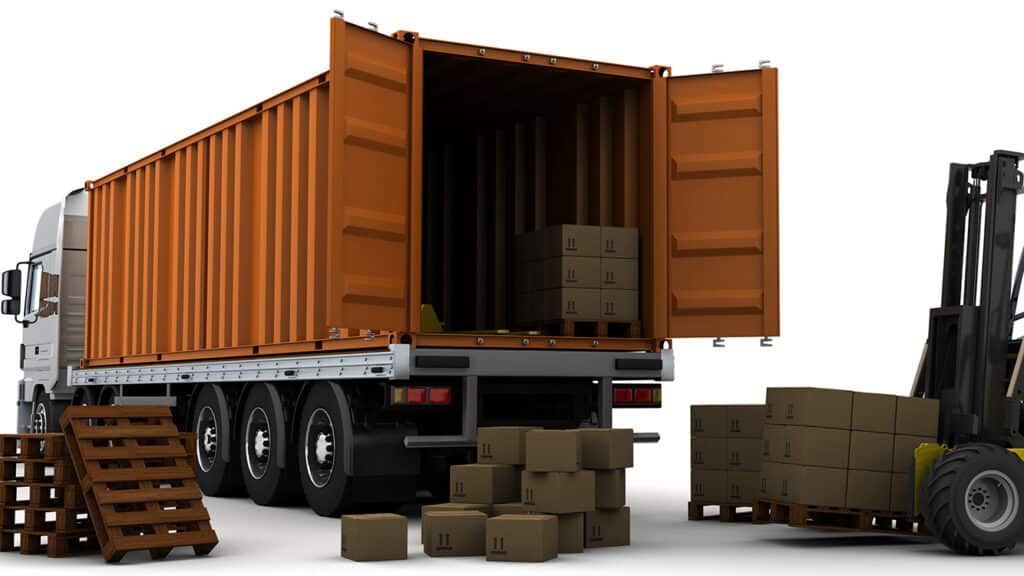Cargo Expedition: Pioneering International Connectivity and Trade
Cargo Expedition: Pioneering International Connectivity and Trade
Blog Article
Cargo expedition plays a crucial part in the facilitation of global trade as it ensures that goods and supplies are swiftly transported across countries and regions. As economies become increasingly interconnected and dependent on an efficient and secure cargo shipping has grown significantly. From raw materials to final products, enterprises rely on cargo excursions for timely delivery of goods and in good condition. Whether via sea, air, or land, cargo expedition connects suppliers, producers and customers around the globe. The interconnected network of logistics is at the heart of international commerce, driving industries and stimulating economic growth through allowing goods to move seamlessly from one place to the next.
One of the key components of a successful cargo journey is the variety of options for transportation to accommodate specific shipping demands. Air cargo, which is known for its speed and reliability is frequently used to transport items that are time-sensitive or high-value including pharmaceuticals, electronic equipment and clothing items. Ocean shipping, on contrary, dominates the transport of bulk items, offering cost-effective solutions for items like oil, grain, and machines. Land transportation, which encompasses trains and trucks, is crucial in last-mile delivery and inter-regional connectivity. Through integrating these modes in multimodal transportation infrastructures the cargo journeys can be more efficient as well as reduce the time it takes to transit, ensuring goods reach their destinations on schedule.
The complex nature of cargo transport requires effective coordination between various parties, such as shipping companies Customs authorities, shipping companies, as well as logistical service providers. One of the major challenges in cargo transportation is coordinating customs clearance as well as international regulations. Each country has its own import and export limitations, tariffs, and documents requirements. This can delay or even increase the cost. To navigate these complexities, logistics companies need to understand local regulations, tariffs, as well as compliance regulations. It is the reason why a lot of businesses depend on skilled freight forwarders and customs brokers in order to oversee the legal aspects of cargo transportation. Their knowledge ensures that the goods are handled efficiently at the customs checkpoints, and that they are deliver on time.
Technology has played an integral role in the evolution of Cargo Expedition by significantly increasing both the speed as well as accuracy of deliveries. Innovative tracking technologies including GPS and RFID enable real-time tracking of goods that are in transit. This transparency helps both the shipper and their customers through providing timely deliveries and also ensuring security and safety of the goods. Digital platforms have also simplified the documentation and booking process, allowing companies to manage shipments more efficiently. With the help of advanced software, businesses can automate clearance of customs and shipping routes, and track inventories, which ultimately reduces human error and improving overall service delivery. As technology continues to advance and improve, the importance of automation AI, artificial intelligence, as well as analysis of data for cargo trips can further improve the performance and precision of global logistics. To find extra details please check their explanation
The human element remains a cornerstone of cargo expeditions logisticians do their best to ensure smooth operation. They manage complicated supply chains, manage international trade regulations and oversee customs clearance, to ensure that the goods flow smoothly from one point to B. Their ability to communicate across languages, nations and time zones is crucial in the face of challenges like the aforementioned geopolitical tensions and natural disasters, or infrastructure issues. Learning and development of skills are essential in this area because professionals must adjust to the ever-changing landscape of international trade, as well as advances in technological advances. Their expertise and dedication keep the gears of global commerce turning efficiently.
Cargo expeditions are an indispensable component of modern-day commerce, connecting production and consumption at a global level. They rely on advanced transportation systems, cutting-edge technology, and environmentally sustainable methods to satisfy the demands of businesses and consumers. Their dedication and experience of professionals in logistics ensure efficient operation of supply chains. This makes freight transport a major element of development. As the business continues to evolve, it will remain in the forefront of international trade, influencing the flow of merchandise and creating connections that cross borders. The future of cargo trips depends on collaboration, creativity and an unwavering dedication to quality.